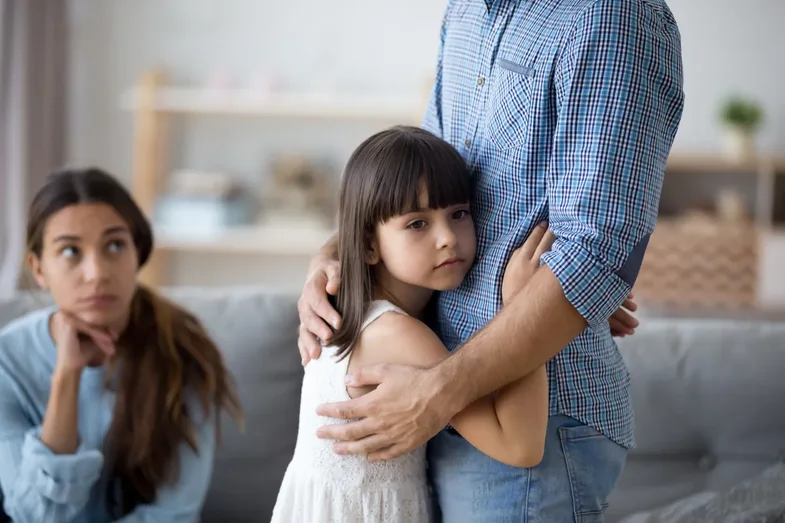
While many divorced or separated parents try their best to co-parent, this is not always the best form of parenting. After all, these situations require a lot of healthy communication, which is not always possible due to the various situations and conflicts that ex-partners have. Co-parenting can sometimes be a better solution.
Parallel parenting is a style used by both parents to remain actively involved in the children's lives without having to communicate. "Co-parenting allows each parent to make decisions independently when the children are in their care," says Mary Lawrence, clinical director at Acera Health.
While co-parenting may be an option for some parents, there are some downsides to keep in mind.
-The negative side of parallel parenting
Parallel parenting is a great solution for parents who cannot communicate with each other, but it can also negatively affect the little ones. While it is true that children will experience less conflict between their parents, they may miss out on the beautiful panorama of parents interacting and working together.
Parallel parenting can also lead to confusion. Children may wonder why their parents don't talk to each other even though they are in the same room. This somewhat clouds their decisions and approach to romantic relationships between couples in the future.
For this reason, it is important that parents always make an effort to improve communication skills, regardless of their parenting style.
Suggested articles:
- 7 things parents and grandparents should not do with children
- Should you stop sleeping with toddlers?
- If you want to raise mentally strong children, here are 4 things you should do as parents
- The new theory on TikTok: the 9 minutes when children need their parents the most
- 7 parenting models from around the world you might not like
Source: Pop Sugar




